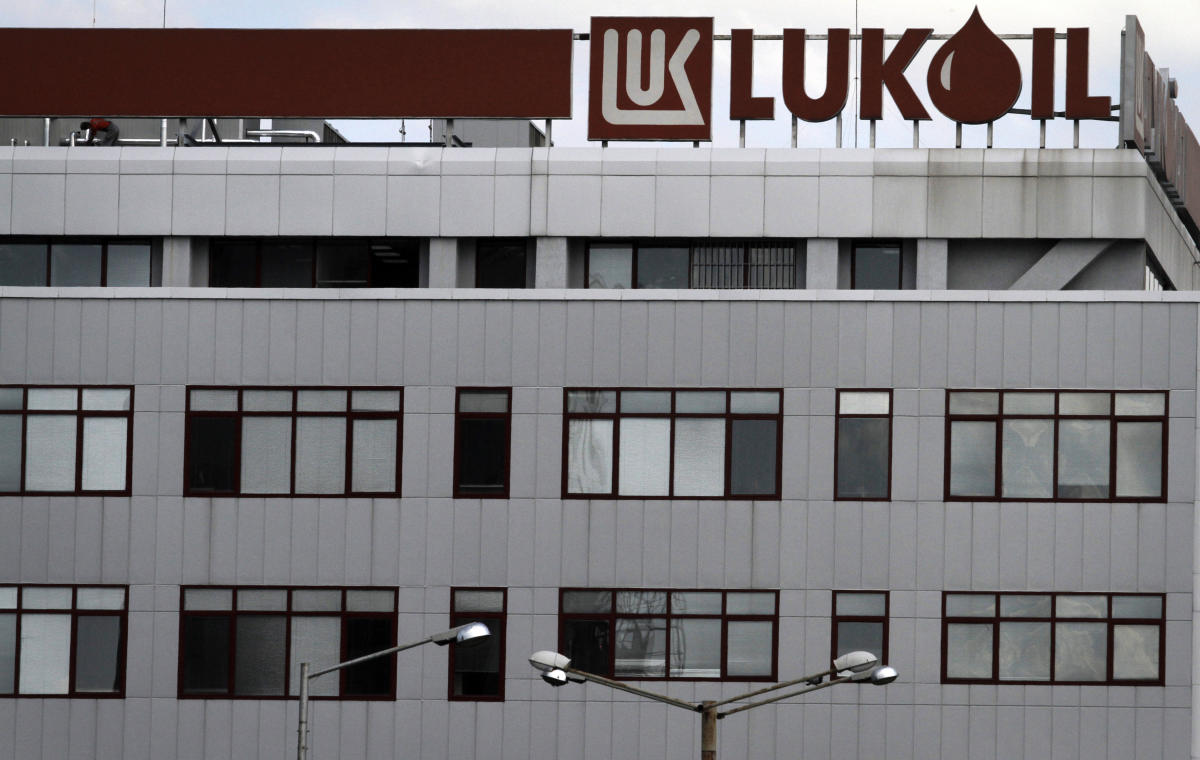SOFIA, Bulgaria (AP) — Bulgaria will allow a Black Sea refinery owned by a Russian oil company to continue to operate and export oil products to the European Union until the end of 2024, despite warnings from Brussels that it will oppose EU sanctions. block is.
The deal between Bulgaria and the Russian Lukoil will, according to estimates by the government in Sofia, give an extra boost of 350 million euros (dollars) to the Bulgarian budget.
“We have achieved something very important: from January 1, 2023, Lukoil will transfer all production, revenues and taxes to be paid in Bulgaria, and not, as before, in the Netherlands or Switzerland,” said Bulgarian Deputy Prime Minister Hristo Alexiev. after talks with managers of the Russian oil company.
The deal also benefits Lukoil, allowing its Bulgarian facility to partially circumvent an upcoming EU embargo on most Russian oil products.
“The refinery cannot operate if exports are curtailed,” CEO Ilshat Sharafutdinov warned.
The Balkan country’s only refinery is the main source of gasoline and diesel sold on the Bulgarian market, but half of its production is destined for export.
It contributes about 9% of the country’s economic output and employs several thousand people. In addition to the loss of refining capacity, a closure would cause serious problems in the labor market.
In June, the EU banned the purchase, import or transfer of Russian crude oil from December 5 and other refined petroleum products from Russia from February 5.
Bulgaria was granted an exemption and may continue to import crude oil and petroleum products via maritime transport until the end of 2024. However, it cannot export petroleum products produced from Russian oil into Bulgaria.
Officials from the EU country claim that the oil products it exports will be Bulgarian.
“The oil products derived from Ural oil will come from Bulgaria and can be exported,” deputy finance minister Lyudmila Petkova said Monday, referring to Russia’s crude oil export quality.
The Bulgarian government argues that the export ban would hurt the country’s economy as it will build a deficit in the domestic market after the production of the Lukoil refinery stops.

